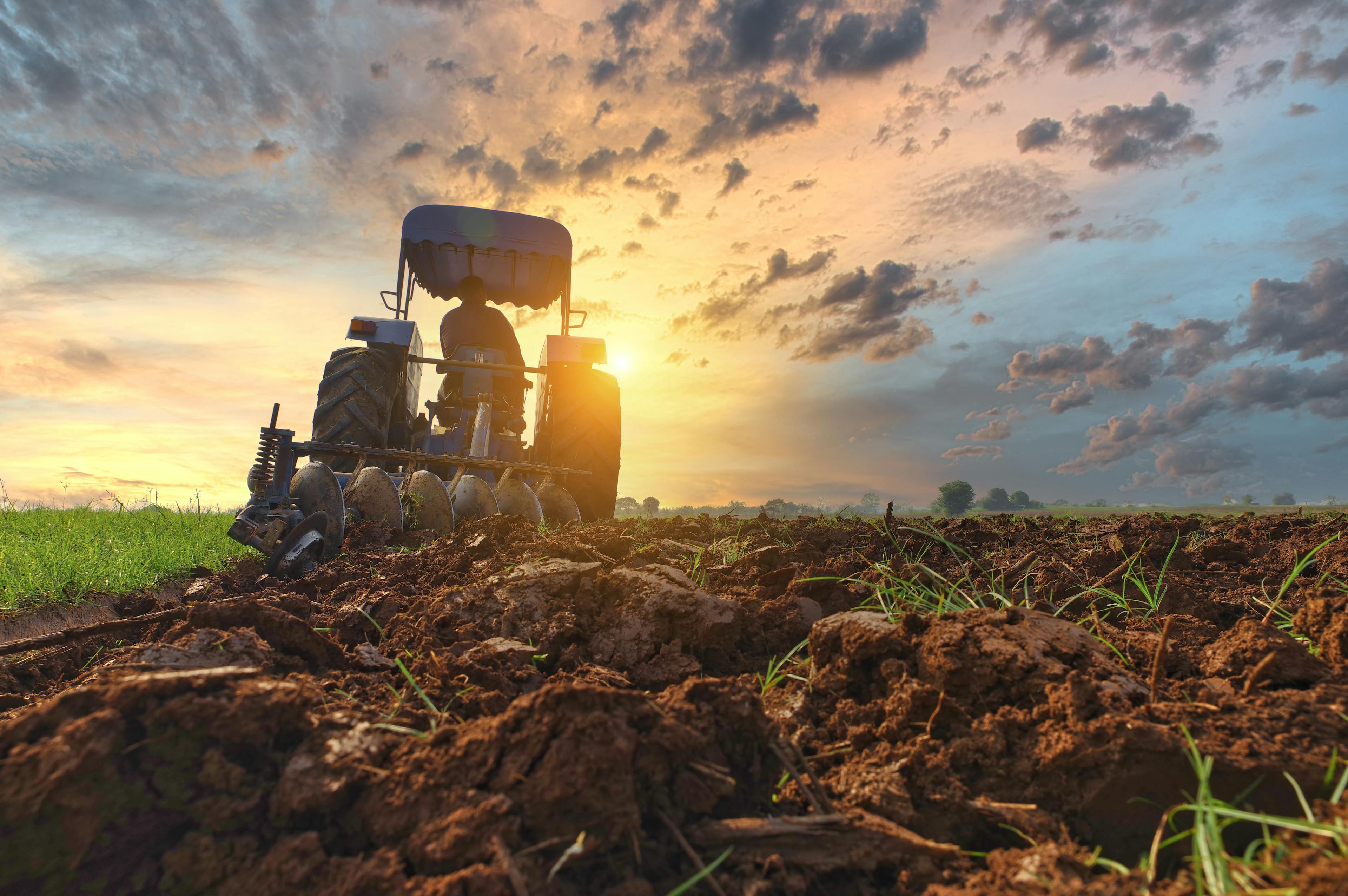
Advanced Techniques in Organic Farming
Deepen your knowledge with advanced techniques to optimize production in organic farming.
Organic farming, constantly evolving, requires continuous updating of techniques and practices to remain effective and sustainable. This course focuses on advanced techniques that optimize production in organic farming while adhering to fundamental ecological principles.
One of the most effective advanced techniques is agroforestry. This method integrates trees and shrubs into agricultural systems, creating favorable microclimates for various crops. Trees improve soil quality through leaf litter and provide protection against wind and erosion. Additionally, they serve as habitats for many beneficial organisms that help control pests.
Integrated crop management is another advanced technique. It involves using a combination of agricultural practices to manage pests and diseases ecologically. For instance, using trap crops, which attract and hold pests away from main crops, is an effective method. Similarly, planting specific plant species that attract beneficial insects helps maintain a natural balance.
Drip irrigation is an increasingly popular technique in organic farming. It conserves water by targeting the plant roots directly, reducing water waste and problems associated with excessive moisture on foliage. This method is particularly useful in arid or semi-arid regions.
Biocontrol is also an essential technique. It uses living organisms to control pest populations. For example, ladybugs are often used to combat aphids. Similarly, beneficial nematodes can be introduced into the soil to fight soil-borne pests.
Selecting and using disease-resistant plant varieties adapted to local conditions is crucial. This technique reduces dependence on chemical treatments and enhances crop resilience to changing climatic conditions.
Lastly, the course will also emphasize the importance of biodiversity and crop rotation to maintain soil health and prevent erosion. Diversifying crops reduces the risks of diseases and pests specific to one crop and improves the ecological stability of the farm.
In conclusion, advanced techniques in organic farming require deep understanding and practical application to succeed. This course will provide you with the knowledge and skills necessary to enhance your agricultural practices and increase the sustainability and productivity of your organic farm.
